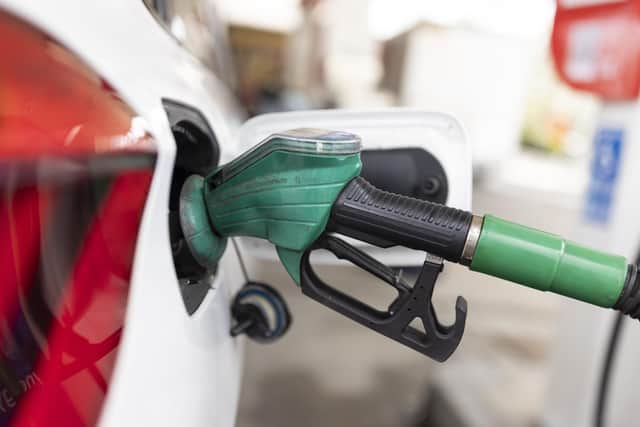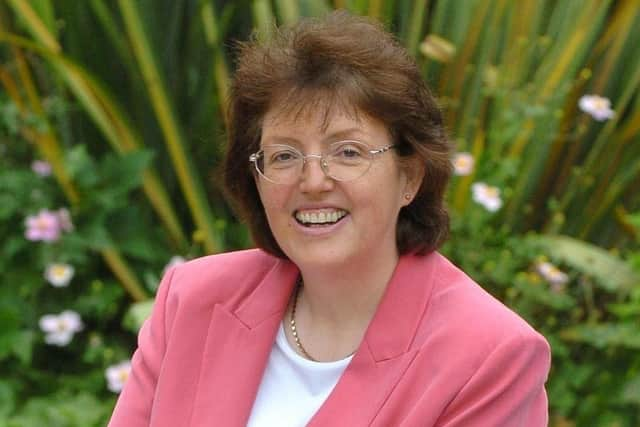Cost of living: Lancashire MP warns cost of fuel could drive nurses away from community roles if Government doesn't take urgent action
and live on Freeview channel 276
This call comes after fears that community nurses, who are required to use their cars to get to see patients in their homes, could be looking for hospital-based jobs because it is costing them a lot of money as the increasing cost of petrol means the NHS mileage reimbursement rate is inadequate.
>>>Click here for more on what’s happening with supermarket fuel prices
The current reimbursement rate of 56p per mile drops to 20p after staff have travelled 3,500 miles. This rate has not been adjusted since 2014, despite significant increases to the cost of fuel.


What has Rosie Cooper been doing?
Advertisement
Hide AdAdvertisement
Hide AdMrs Cooper has raised the matter with the new Health Secretary, Steve Barclay MP.
>>>Click here to learn about Lytham-born Steve Barclay
Mrs Cooper said: “If this issue isn’t addressed soon, I am really worried there will be a deepening UK wide community care crisis.


“In the past year we have seen the cost of fuel increase by as much as 60p per litre. District Nurses and other community-based NHS staff already have among the most demanding roles. We need to reimburse them fairly, not penalising them for simply doing their job.
“The current rate is absolutely not enough, and it’s unbelievable that it hasn’t been adjusted for eight years!
Advertisement
Hide AdAdvertisement
Hide Ad“It shouldn’t cost staff money to do work in the community. The Government must show that they value their essential NHS workforce by agreeing to a fair adjustment that doesn’t punish people for working hard and reflects the cost of fuel.”